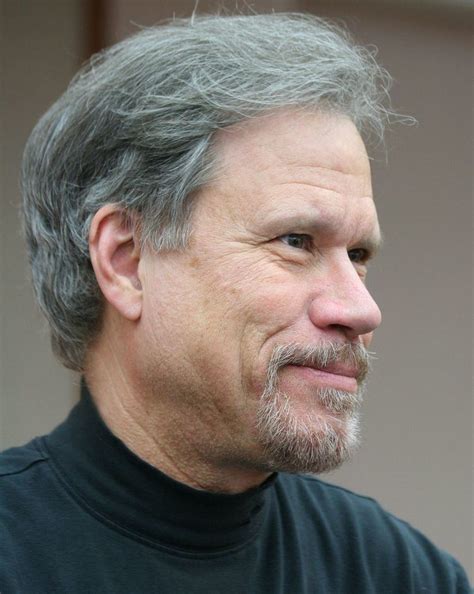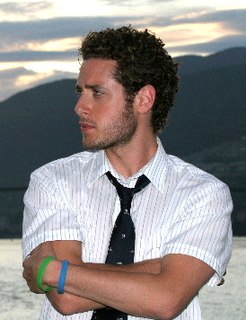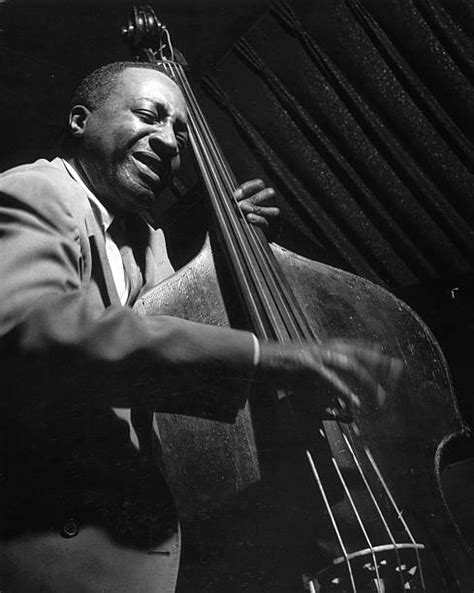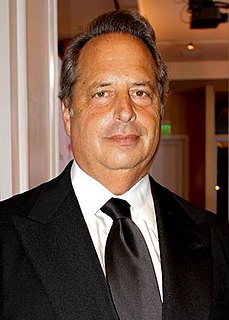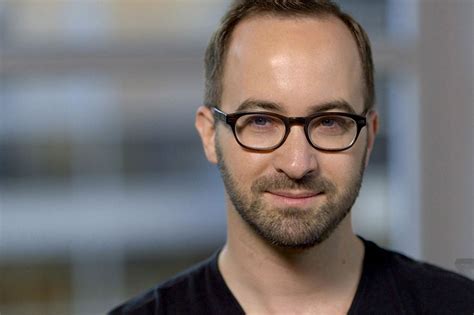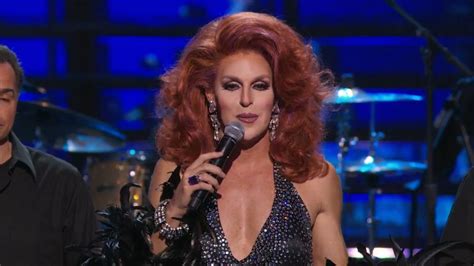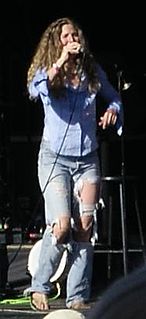A Quote by Jonathan Groff
I definitely prefer the single camera better. For me it's the simple fact that I enjoy working in front of an audience, but when you're trying to create a suspension of disbelief it's much harder to do in front of audience because they become a partner. Moreso than that, they become in charge of the timing. From the simple, mechanical fact that you have to hold for their laughter. The actual timing of the scene is in the hands of the audience. As a control freak, I don't enjoy that as much as the ability to be able to control it in an edit room.
Quote Topics
Related Quotes
A sitcom, you rehearse for four days of the week and then you shoot it all in one night in front of a studio audience. It's like a play every week, you just shoot it over a seven or eight-day period with a single camera. I enjoy this format of show much more. I'm a feature guy. I like making movies. So the four camera thing I didn't love it that much. I found myself slightly out of my element.
A professional entertainer who allows himself to become known as a singer of folk songs is bound to have trouble with his conscience provided, of course, that he possesses one. As a performing artist, he will pride himself on timing and other techniques designed to keep the audience in his control ... his respect for genuine folklore reminds him that these changes, and these techniques, may give the audience a false picture of folk music.
In the theater, you're so much more in charge as an actor. For better or for worse, you know what the audience is seeing. But you can be acting your socks off on film, and then you see the movie, and the camera is on the other actor, or they've cut out the lines you thought were significant, or they've adjusted the plot. So much of it is out of your control.

